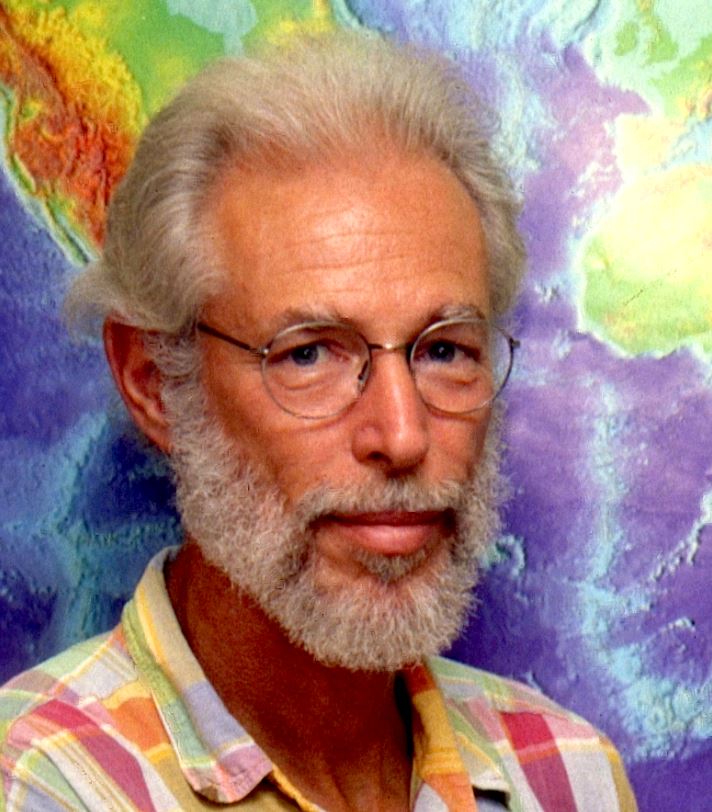Since the time of the French Revolution, physicists and geologists have challenged each other to understand the inner workings of the climate system. The unexpected discovery of the Pleistocene Ice Ages prompted the recognition of global warming, the radiative energy balance and the greenhouse effect. The nonsensical distribution of Carboniferous glacial deposits led to the theory of continental drift. Recently, the implausible theory that the Earth is susceptible to total glaciation, reversible only through tens of millions of years of greenhouse-gas buildup, has been stunningly confirmed by geologists and climate dynamicists. As the 82 million year pan-glacial period corresponds with the first appearance of multicellularity in animals, the challenge of Earth’s astonishing climate history must now engage more deeply evolutionary biology.
Speaker: Professor Paul F. Hoffman, Harvard University and University of Victoria. Paul Hoffman is a known as “one of the most inspiring and charismatic geologists of our time, inspiring a wealth of new research fields…” (Wollaston Medal citation, 2009). Hoffman’s academic career spans nearly half a century. Paul is best known for his penetrating work to verify Snowball Earth, an enigmatic period between 600 and 800 million years ago during which Earth was entirely covered by glacial ice.
Admission: Free. Registration required.
Program:
- 6.00 – 6.30pm: Registration & refreshments
- 6.30 – 7.45pm: Interactive talk
- 7.45 – 9.00pm: Reception
Brock Talks is a public lecture series that showcases cutting-edge and provocative topics of broad public interest in Earth science. From global climate change and sea level rise to the natural hazards of large destructive landslides in British Columbia—Brock Talks covers subject matter that are relevant and topical to everyone living in the dynamic geological environment of western Canada. The lecture series’ name commemorates Reginald W. Brock, geologist and geological engineer, who was one of the first four professors appointed at UBC in 1914 and who served as the first Dean of Applied Sciences and Head of the Department of Geological Sciences (currently Earth, Ocean and Atmospheric Sciences, EOAS).
